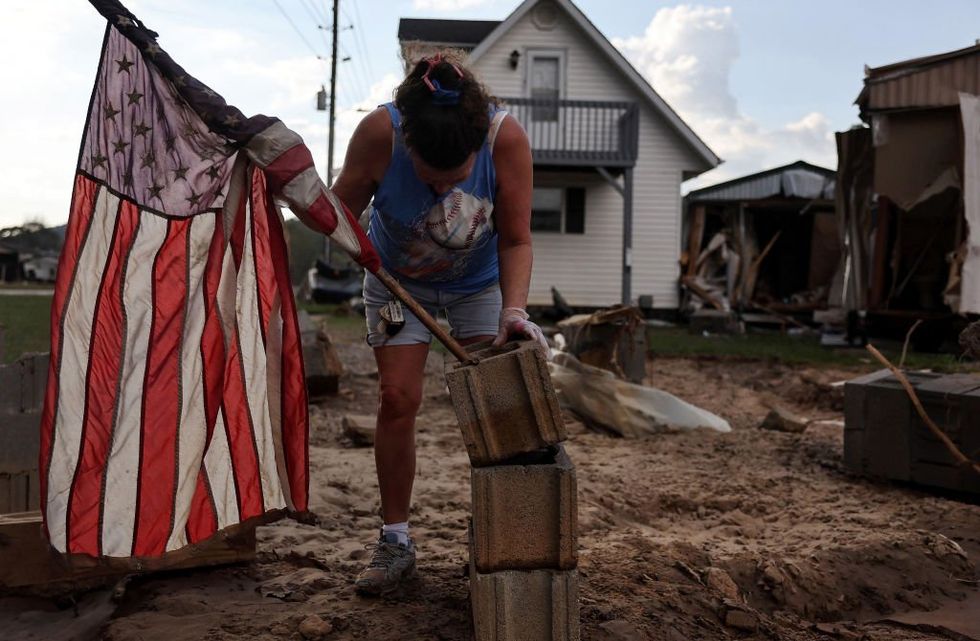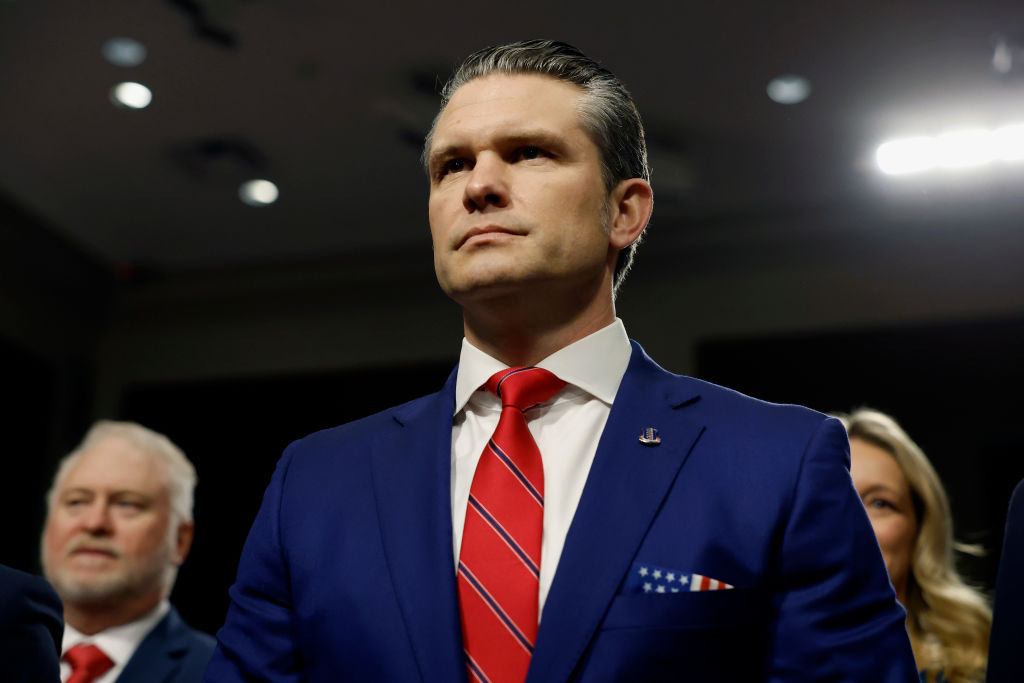Why the ‘bootstraps’ ethic matters more than ever in the current crisis
Plenty of ink, including my own, has been spilled in recent years debunking the boomer mantra “pull yourself up by your bootstraps.” Millennials, who inherited a weaker economy, culture, and country than their parents, found this phrase unfair. Rising housing and education costs, stagnant real wages, and the influx of foreign ideologies and populations are not issues of individual effort.When older conservatives responded to these systemic grievances with calls for personal virtue, they deflected from the real issues, placing blame where it didn’t belong. In this context, “pull yourself up by your bootstraps” felt like a deliberate slight — and understandably so.It is possible to recognize the failings of the federal bureaucracy while maintaining faith in personal greatness.Yet, the phrase still holds value. Young conservatives would be unwise to dismiss it entirely. Acknowledging the failures of the administrative state doesn’t mean rejecting the ideals of individual effort and resilience that “bootstraps” represent. To do so would be to accept a mainstream narrative of personal victimhood.It is possible to recognize the failings of the federal bureaucracy while maintaining faith in personal greatness. Appalachia’s response to Hurricane Helene illustrates this point.Most of the material, financial, and service-based donations to the victims came from individual citizens, not the government. Historically abandoned by the American government, Appalachians have literally pulled themselves up by their bootstraps. They have led rescues using mules and horses where machinery couldn’t reach, showing a self-reliance that contrasts sharply with federal inefficacy. North Carolina highlights the true American spirit — neighbors working together — and the impotence of the overburdened administrative state.The narrative of personal victimhood has never fully taken root in Appalachia. Their resilience demonstrates a resistance to this mentality. In other regions, where the victim mindset prevails, it stifles self-governance and achievement. Psychologically, it shifts responsibility outward, making people feel powerless to change their circumstances. It absolves individuals and groups of accountability.To those with a victim mentality, the idea of free will is foreign, and overcoming challenges seems impossible. This mindset rarely leads to passive acceptance of life’s circumstances; instead, it encourages what Nietzsche called “slave morality” — manipulation disguised as virtue, cowardice, passive aggression, and a sense of entitlement to others’ resources as compensation for their own struggles. This mindset paved the way for totalitarianism in the 20th century, using the politics of resentment as a justification.Americans cannot afford to indulge in passivity or resentment, especially as challenges grow. No one is coming to save us. We must pull ourselves up by our bootstraps — to hope and persevere — not because it will change interest rates, but because it is the only virtuous way to live or die.


Plenty of ink, including my own, has been spilled in recent years debunking the boomer mantra “pull yourself up by your bootstraps.” Millennials, who inherited a weaker economy, culture, and country than their parents, found this phrase unfair. Rising housing and education costs, stagnant real wages, and the influx of foreign ideologies and populations are not issues of individual effort.
When older conservatives responded to these systemic grievances with calls for personal virtue, they deflected from the real issues, placing blame where it didn’t belong. In this context, “pull yourself up by your bootstraps” felt like a deliberate slight — and understandably so.
It is possible to recognize the failings of the federal bureaucracy while maintaining faith in personal greatness.
Yet, the phrase still holds value. Young conservatives would be unwise to dismiss it entirely. Acknowledging the failures of the administrative state doesn’t mean rejecting the ideals of individual effort and resilience that “bootstraps” represent. To do so would be to accept a mainstream narrative of personal victimhood.
It is possible to recognize the failings of the federal bureaucracy while maintaining faith in personal greatness. Appalachia’s response to Hurricane Helene illustrates this point.
Most of the material, financial, and service-based donations to the victims came from individual citizens, not the government. Historically abandoned by the American government, Appalachians have literally pulled themselves up by their bootstraps. They have led rescues using mules and horses where machinery couldn’t reach, showing a self-reliance that contrasts sharply with federal inefficacy. North Carolina highlights the true American spirit — neighbors working together — and the impotence of the overburdened administrative state.
The narrative of personal victimhood has never fully taken root in Appalachia. Their resilience demonstrates a resistance to this mentality. In other regions, where the victim mindset prevails, it stifles self-governance and achievement. Psychologically, it shifts responsibility outward, making people feel powerless to change their circumstances. It absolves individuals and groups of accountability.
To those with a victim mentality, the idea of free will is foreign, and overcoming challenges seems impossible. This mindset rarely leads to passive acceptance of life’s circumstances; instead, it encourages what Nietzsche called “slave morality” — manipulation disguised as virtue, cowardice, passive aggression, and a sense of entitlement to others’ resources as compensation for their own struggles. This mindset paved the way for totalitarianism in the 20th century, using the politics of resentment as a justification.
Americans cannot afford to indulge in passivity or resentment, especially as challenges grow. No one is coming to save us. We must pull ourselves up by our bootstraps — to hope and persevere — not because it will change interest rates, but because it is the only virtuous way to live or die.
Originally Published at Daily Wire, World Net Daily, or The Blaze
What's Your Reaction?

































































































